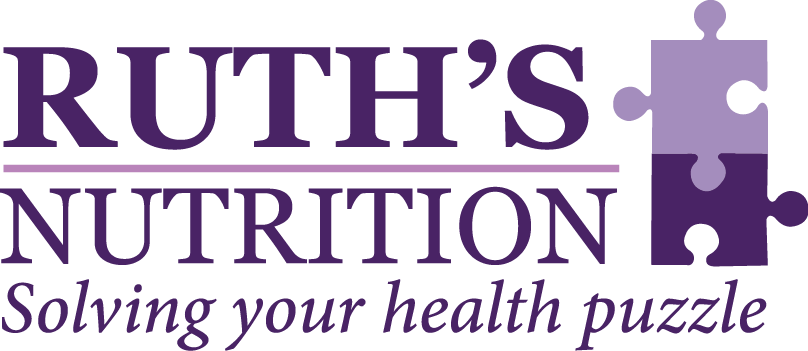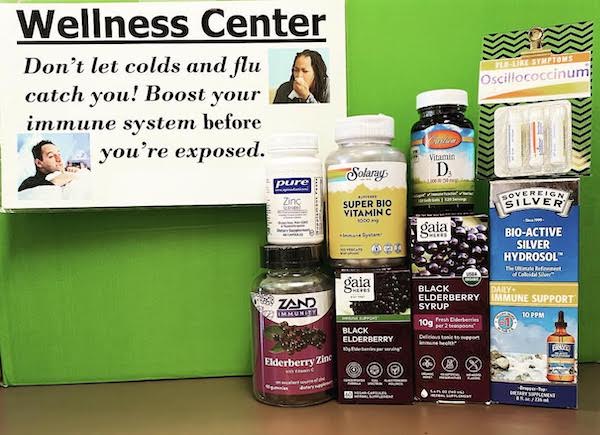Do you need a daily multivitamin/mineral supplement?
 Prowl the internet and you can get all kinds of answers to that question. One that often comes up from heath experts is eat a perfect diet and you won’t need a multivitamin. But who eats a perfect diet, especially now in the age of COVID-19?
Prowl the internet and you can get all kinds of answers to that question. One that often comes up from heath experts is eat a perfect diet and you won’t need a multivitamin. But who eats a perfect diet, especially now in the age of COVID-19?
We all know fruits and veggies are the powerhouses of beneficial vitamins and minerals. But long before COVID-19 hit, the Centers for Disease Control found 76% of adult Americans don’t eat enough fruit, while 87% of adults don’t eat enough vegetables. And that’s not including kids. So much for the perfect diet.
That’s probably why the Harvard School of Public Health declares that taking a daily multivitamin is a good nutrition insurance policy – in other words, it helps replace needed vitamins and minerals that our mediocre diets lack.
Vitamin deficiencies can contribute to multiple poor health conditions like weak immunity, fragile bones, cardiovascular disease, poor eyesight, mood swings, dementia-like symptoms, and more.
Need more reasons to take a multivitamin? Here are a few.
- Healthy aging – as we age our nutritional needs increase. The aging body has more difficulty absorbing nutrients from digestion, and medications can further deplete the body of vital nutrients. Something as a simple B12 deficiency can cause dementia-like symptoms.
- Heart health – Heart disease is one of the leading causes of death in both women and men. B vitamins, CoQ10, and magnesium all play a role in cardiovascular health.
- Boosts immunity – Vitamins C, D, and E all play a role in maintaining a robust immune system.
- Eye health – Vitamins A, C, E, Niacin (B3), and selenium support eye health. Lutein and Zeaxanthin also protect eyes.
- Healthy skin and hair – Vitamins A, E, E, and CoQ10 are needed for healthy skin, while Vitamins C, Niacin (B30, and biotin are needed for healthy hair.
One thing to note. You can get too much of a good thing. The fat-soluble vitamins – A, D, E, and K – can build up in tissue and become harmful. Generally, you won’t get into trouble if you are taking only a multivitamin, but if you are taking other vitamin formulas in addition to that, be sure to check the amounts you are taking.
In addition, it’s a good idea to ask your doctor to check your levels of vitamin D periodically, to make sure you’re not overdosing or deficient. Studies estimate that more than 40% of the U.S. population is deficient, and vitamin D is critical for healthy immunity, bone, and respiratory health.
REFERENCES:




